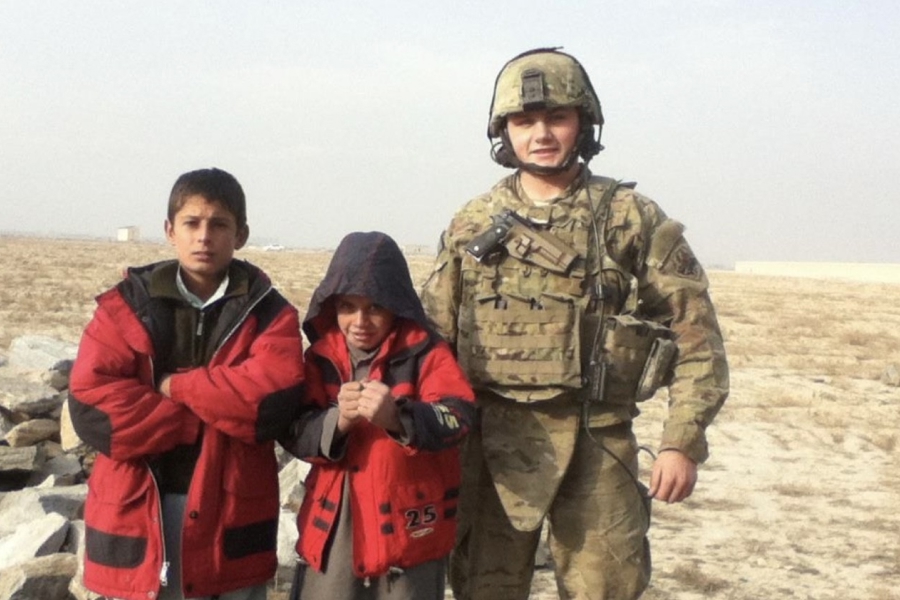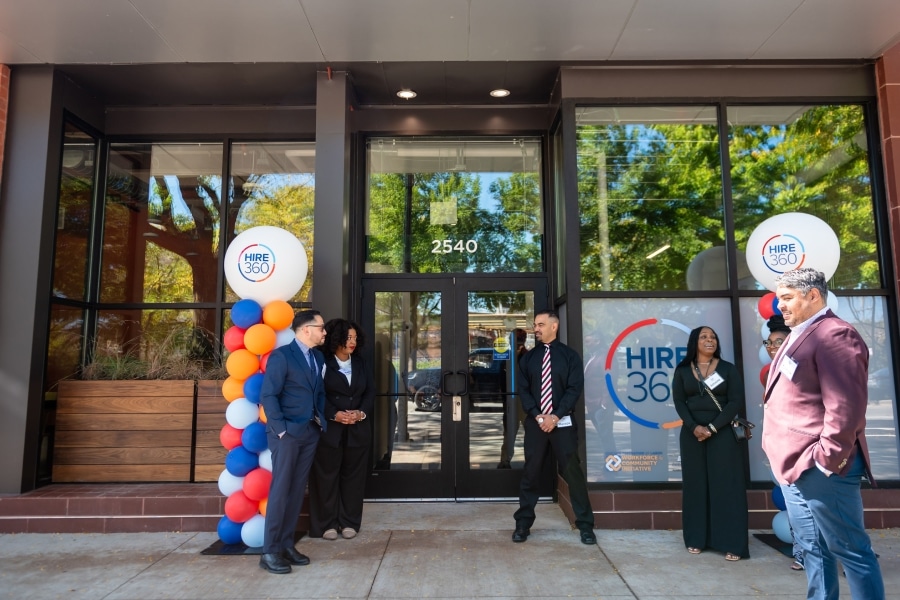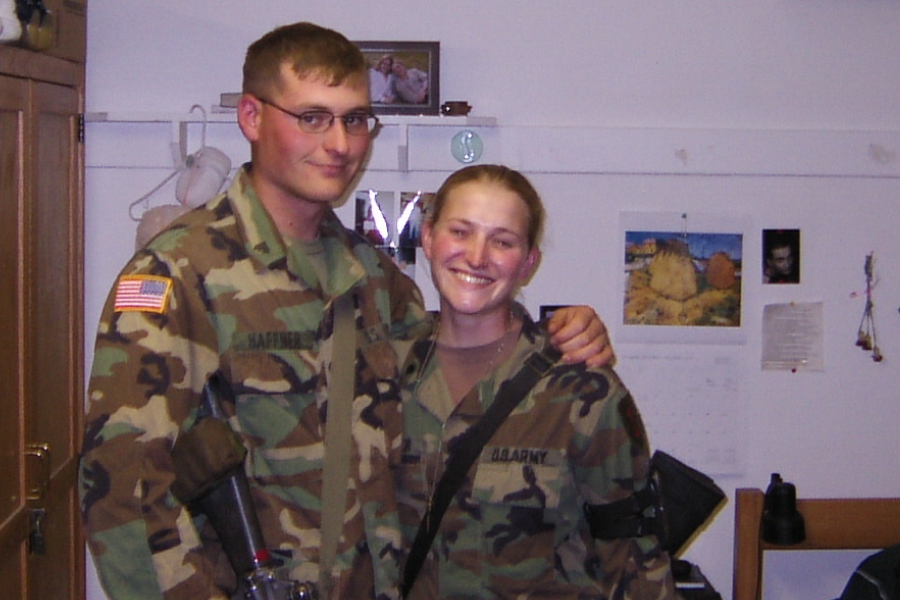At 19, Josh Sergent sat alone in a small building in an undisclosed location at Incirlik Air Base in Turkey. For hours, he stared at alarms and video feeds, trained to stay alert when everything around him was quiet.
The work demanded vigilance. The harder test was endurance—fighting fatigue at 3 a.m., knowing what he was guarding mattered more than his comfort.
Today, Sergent is in Charlotte, North Carolina, helping clients optimize their workflows in Bluebeam. On the surface, the two roles couldn’t be more different. Still, both hinge on the same discipline: focus on the task, trust the process, block out the noise.
For Sergent, the mission didn’t end when the uniform came off.
The Mission: From Vaults to Villages
After Incirlik, Sergent’s career grew more demanding. At Shaw Air Force Base, he soon received orders sending him to Afghanistan. He joined the 455th Expeditionary Security Forces Squadron and a Quick Response Force known as the “Reapers.”
One day he was behind the wheel of a convoy truck, the next behind a .50-caliber machine gun. His team patrolled 20 miles of dangerous terrain outside Bagram Airfield, searched for improvised explosive devices (IEDs), raided Taliban weapons caches and responded after rocket or mortar attacks, moving to the suspected launch sites to find who was responsible. One mission stretched 36 hours when vehicles failed and chaos didn’t let up.
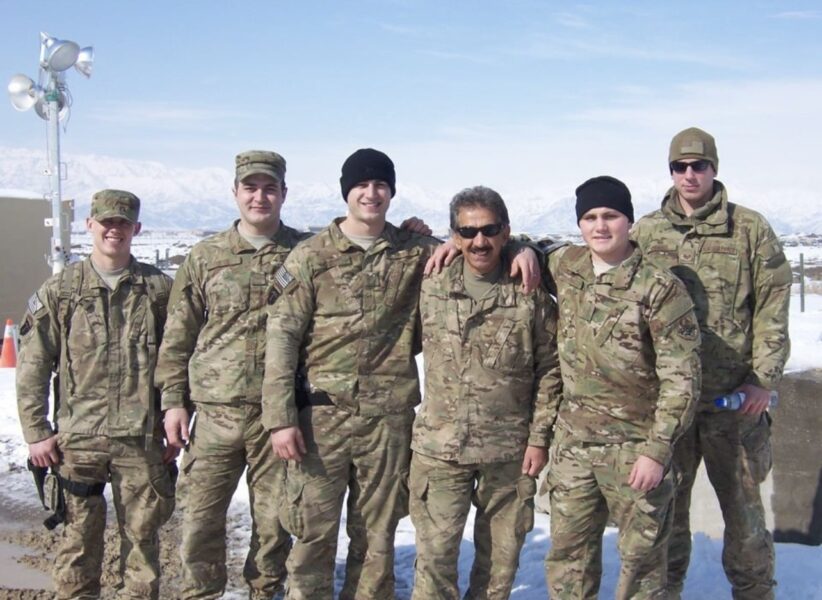
For Sergent, the heart of the job wasn’t just surviving patrols. It was connection.
“The most important part of our mission was building rapport with local village elders to deter Taliban infiltration,” he said. Winning trust, he learned, was as critical as carrying firepower.
In the dirt and disorder of those deployments, Sergent forged the mindset that still drives him: focus on the mission, adapt to the mess, lean on your team.
The Hardest Transition
When Sergent left the Air Force in 2015, he thought the hardest days were behind him. After all, what could compare to sleepless nights in Afghanistan or 36-hour convoys?
The answer surprised him: civilian life.
“Going from a rigid chain of command to the corporate world felt ambiguous—you’re suddenly fending for yourself,” he said. For six years, he had lived in a system where the mission was always clear. On the outside, he had to navigate job applications, interviews and offices where rules weren’t written down.
He admits he underestimated himself. “I sold myself short coming out of the military; I didn’t realize how marketable my experiences really were.”
Employers often misunderstood what veterans brought to the table. That disconnect left him questioning where he fit and whether his skills had a place in the civilian world.
Finding Ground in Construction
Sergent didn’t have a roadmap after the Air Force. What he had was determination to stay useful.
That led him into construction, where he worked as a project engineer, safety coordinator and assistant project manager before moving into estimating.
It wasn’t glamorous, but it was grounding. The jobs gave him structure and a tangible way to see progress. And it was here, in the middle of takeoffs and document chaos, that Sergent discovered Bluebeam.
“Bluebeam was cathartic for me as an estimator—headphones in, doing takeoffs, managing documents—it’s just a great tool,” he said.
After years of career uncertainty, the software gave him a sense of order.
That spark eventually led to something bigger. Earlier this year, Sergent spotted an opening at Bluebeam for a customer success manager role. His mix of construction experience, sales background and mission-first mindset lined up perfectly.
A few months in, he sees the same teamwork and discipline he relied on in the Air Force translate directly to helping customers succeed.
Redefining the Mission at Bluebeam
For Sergent, joining Bluebeam wasn’t just a career move. It was a way to reconnect with something familiar: mission and team.
In the Air Force, success meant safeguarding people and critical assets. In construction, it meant keeping projects moving. At Bluebeam, it’s about making sure customers have what they need.
“At the end of the day, whether in the Air Force or at Bluebeam, it’s about working toward a shared mission,” he said.
What stands out isn’t just the technology but the people. The teamwork he first experienced in basic training—learning to work with people from every background toward a common goal—shows up daily in customer success.
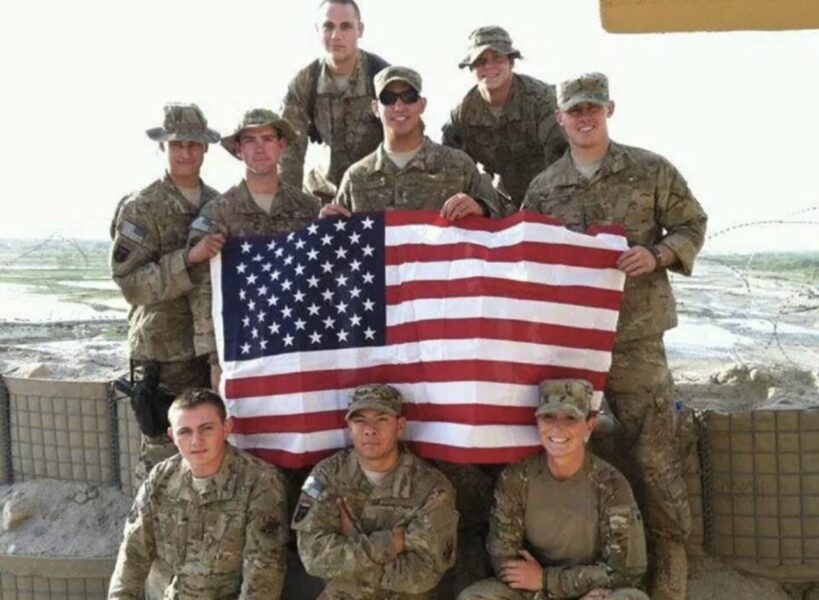
Listening, problem-solving, adapting on the fly: the skills that defined his military years now define his work with customers.
Sergent also hopes his story nudges other veterans to see their own value more clearly. “Don’t sell yourself short. The discipline, problem-solving and teamwork you learn in the military are directly translatable,” he said.
It took him years to realize how marketable those skills were. Now, he’s proving it by example.
Veterans Day Reflection
Looking back, Sergent doesn’t frame his story around battles or medals. What he values most is the continuity—the way a mission-first mindset carried him from a security bunker in Turkey, to convoy patrols in Afghanistan, to construction sites and now to customer calls at Bluebeam.
The stakes have changed, but the approach hasn’t. Stay disciplined. Trust your team. Adapt when things break down.
This Veterans Day, Sergent’s story is a reminder that service doesn’t end when the uniform comes off. For many veterans, the mission simply evolves—into parenting, new careers and helping others succeed. For him, what’s forged in the military doesn’t just survive in civilian life. It thrives.

